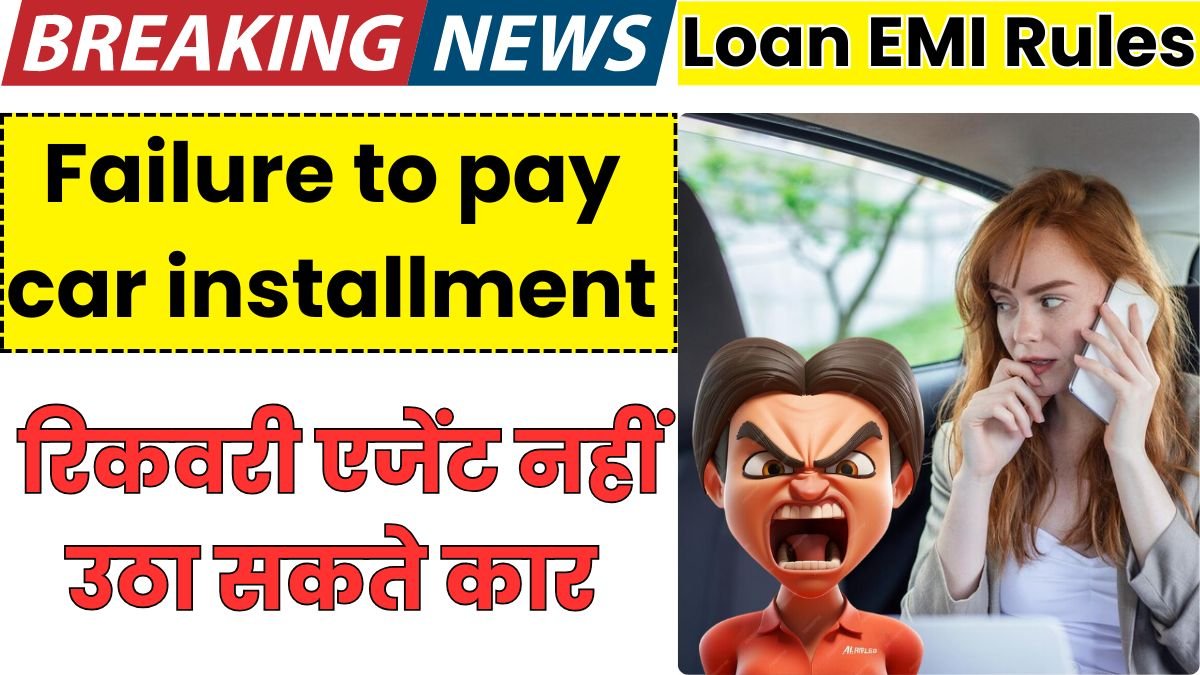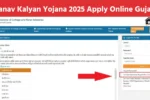High Court Rules Recovery Agents Cannot Seize Your Vehicle for Unpaid EMIs: In today’s world, owning a vehicle has become quite common, as it’s easier than ever to obtain a vehicle loan from a bank. Once the loan is approved, the EMI (Equated Monthly Installment) is fixed. However, if a borrower fails to make timely payments, recovery agents may seize the vehicle to recover the outstanding amount.
But this is no longer allowed. A state High Court has recently made a significant ruling on this matter. According to the court, recovery agents cannot take possession of a vehicle simply for non-payment of EMI. The lender must first give the borrower some time to settle the debt and inform the police. Only then can the police take legal action to repossess the vehicle.
This decision highlights the full rights of customers in such situations. Let’s dive into the details of this important ruling.
It is becoming easier to buy a vehicle on loan
Taking a loan to buy a vehicle is becoming easier these days. Whether it’s a car or a two-wheeler, purchasing has become more accessible due to the attractive financing schemes offered by banks and Non-Banking Financial Companies (NBFCs). With these options, it’s possible to buy a vehicle on loan without much hassle.
This is why more and more people are opting to purchase vehicles on loan. Additionally, it’s important to note that if the EMI for a loaned vehicle is not paid and a recovery agent tries to forcibly take the vehicle, the police will step in to help. While there are several benefits to taking a vehicle loan, there are also some drawbacks to consider.
Benefits of buying a car on loan
One of the biggest advantages of purchasing a car on loan is that it reduces the immediate financial burden. Instead of paying the full amount upfront, you can pay for the vehicle in easy installments (EMIs). This way, your overall budget remains unaffected.
However, there are some downsides as well. When EMIs are overdue, recovery agents may harass borrowers, and in some cases, they even threaten to seize the vehicle. Such incidents have been reported, but it’s important to know that such actions are not legally permissible.
Recovery Agent’s Arbitrary Actions Violate Court Orders
The Patna High Court has issued a significant ruling stating that recovery agents cannot arbitrarily seize vehicles for non-payment of EMIs. If a financial institution or a non-banking financial company (NBFC) engages in such actions, they may face legal consequences. Victims can also file complaints with the police against such practices.
Any such act by a bank or financial institution is considered a violation of court orders. There are established procedures to handle situations where an individual is unable to pay their vehicle loan EMIs. These rules must be followed to ensure fair and lawful action.
Find out what happens if you miss an EMI payment
If someone misses their first EMI, the bank or finance company will reach out to the borrower who purchased the vehicle on loan. They will then provide a deadline to pay the outstanding installment amount, including a bouncing charge and penalty, before the next EMI date.
If two EMIs bounce, the bank or finance staff may contact the borrower over the phone or visit their residence. At this stage, the borrower will be required to pay the overdue EMIs along with the bouncing charges and penalties.
What happens if three consecutive EMIs are overdue?
If three consecutive EMIs of your loan are overdue or bounce (Car EMI Bounce Charges), the bank or financial institution may seize your vehicle. However, they cannot take this action directly on their own. They are required to inform the local police station in your area. After notifying the police, bank representatives may visit your home, and police personnel will assist in surrendering the vehicle.
Typically, you are given a grace period of 15 to 30 days to clear the overdue EMIs. If you pay the pending EMIs during this time, you can reclaim your vehicle.
What happens if no EMIs are paid?
If you fail to pay any EMI for your car loan, the bank or financial institution from which you have taken the loan can auction the vehicle within the stipulated period. After the auction, the outstanding loan amount is recovered from the proceeds, and the remaining balance, if any, is deposited into the borrower’s account. Note that the bank must follow legal procedures while conducting this process.
Filing a case against misconduct or forced vehicle seizure:
As per court directives, banks or financial institutions must act within the bounds of the law when recovering a vehicle for unpaid EMIs (Car EMI Bounce). If anyone forcibly seizes your vehicle on the road, you can call the police. In cases of misconduct by recovery agents, you also have the right to file a legal case against them.



